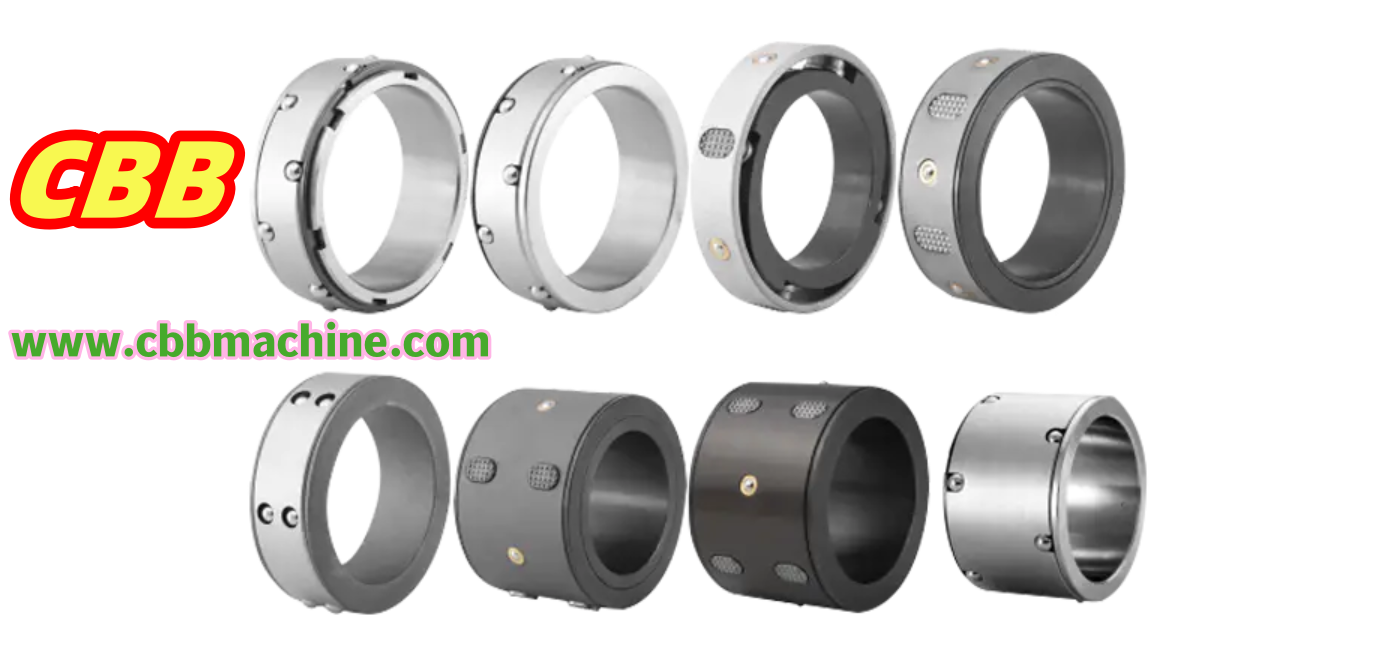Why Differential Shaft with Cbbmachine Matters in Operations

In industrial winding and unwinding operations, the Differential Shaft developed by Cbbmachine has become a recognized tool for maintaining balance and control across complex processes. It combines mechanical design with adaptable features, enabling production systems to achieve consistent outcomes while reducing interruptions. The ability to regulate tension with precision makes this component valuable in sectors where material handling requires accuracy and stability.
At its core, the shaft operates on a principle that allows each core or reel mounted on it to rotate with controlled independence. This feature prevents uneven tension distribution, which can otherwise compromise the quality of the final product. In industries such as paper, film, foil, or textiles, this ensures that materials remain aligned, smooth, and ready for subsequent stages of processing. By addressing variations naturally present in winding applications, the shaft helps achieve uniformity without excessive operator intervention.
Another important aspect of the design lies in its contribution to operational efficiency. Because it reduces the chance of material waste caused by uneven winding, production lines can move forward with greater consistency. This results in smoother transitions between runs and fewer stoppages for adjustment. For companies, such stability translates into workflows that remain on schedule and output that meets required standards without unnecessary complexity.
The adaptability of this mechanism extends beyond a single use case. It can be integrated into different production setups, supporting both lightweight and heavier materials. Adjustments to the shaft design allow it to match specific industrial needs, ensuring that the component does not become limited to one narrow function. This versatility demonstrates how a single piece of equipment can contribute to multiple areas of modern manufacturing.
Another factor to consider is durability. The careful engineering behind the shaft reduces mechanical stress, which in turn minimizes wear over time. Less wear means longer service life and fewer replacements, both of which are crucial in industries where downtime has a direct impact on productivity. This reliability makes the shaft not only a functional part but also a strategic investment in the continuity of operations.
Precision in motion control is central to the effectiveness of the shaft. By distributing torque intelligently and ensuring steady handling, it supports systems in producing results that are consistent from start to finish. This balance between design simplicity and functional reliability underscores the importance of thoughtful engineering in industrial environments.
For businesses evaluating ways to refine their production processes, the next step is clear. Visiting https://www.cbbmachine.com/news/industry-news/what-is-a-differential-shaft.html is not just about reviewing a product; it is about stepping into a space where mechanical solutions connect directly with practical goals. Each click offers the possibility of turning routine operations into systems defined by clarity, balance, and control.
- Art
- Causes
- Crafts
- Dance
- Drinks
- Film
- Fitness
- Food
- Jogos
- Gardening
- Health
- Início
- Literature
- Music
- Networking
- Outro
- Party
- Religion
- Shopping
- Sports
- Theater
- Wellness
